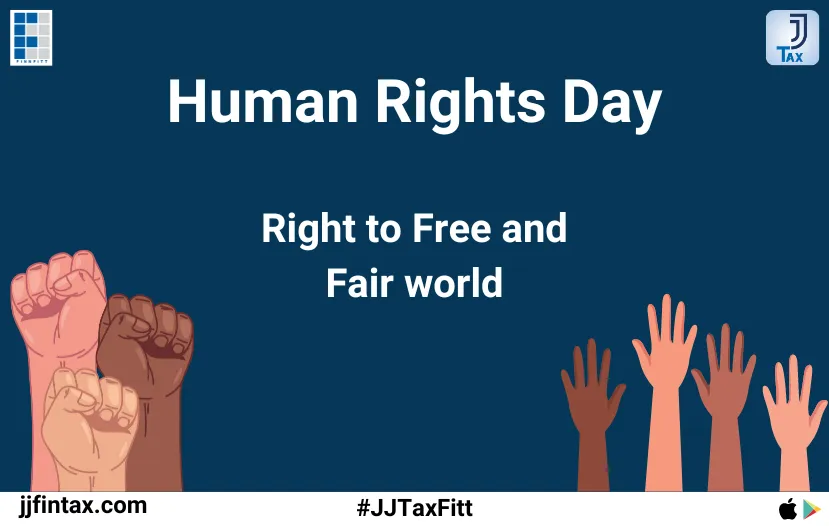Right to Free and Fair World

We live in a world filled with injustice - where poverty prevents millions from meeting their basic needs, conflicts divide communities, discrimination persists, and the environment continues to degrade. And India is not immune – we see economic and social divides in our cities, threats to free speech and civil liberties, and groups that face marginalization.
But there is hope. The principle that all human beings have a right to live in a free and fair world– one where people can speak freely, participate in governance, get fair access to economic opportunities, and live without unfair discrimination – can guide policies and action. Many Indian leaders, have championed this vision.
Realizing this right is critical if India is to overcome ongoing struggles with inequality, discrimination, justice access, censorship threats, environmental degradation, and lagging human development.
Core elements that demand action include:
Equality and Non-Discrimination: India still grapples with deep cleavages along
economic, gender, caste, religious, and ethnic lines. Equality before the law and
expanded life opportunities for marginalized communities are imperative for a free and fair order. India must strengthen anti-discrimination laws, affirmative support programs, and awareness campaigns challenging prejudices that sort human potential into entrenched hierarchies.
Access to Justice: Glaring gaps in justice access persist, with limited legal aid, long judicial delays, and abuse of pre-trial detention disproportionately impacting poor and marginalized groups. Urgent justice system reforms and rights awareness campaigns are vital to upholding fair rule of law for all.
Freedom and Participation: Though India has strong constitutional free speech, assembly and association rights, the civic space faces growing threats, including harassment of journalists and activists. Protecting these core freedoms and expanding access to decision-making processes gives people voice over policies shaping their lives.
Sustainable Development: While poverty has declined, inequality rises as
environmental degradation and job displacement hit marginalized communities hardest. In centring inclusive, equitable models of economic progress, India must put the rights, needs and participation of affected groups first, not last.
As Indian citizens, we must carry this vision forward. We can raise our voices when freedoms are under threat. We can oppose discrimination in our communities. We can urge leaders to enact policies providing economic aid, health care access, and quality education to all. We can support fair and ethical businesses. And we can vote for candidates aiming to expand freedoms and social justice.
A free and fair world will not come easily or quickly. Generations may pass before we reach this goal. But if we persist and make it a guiding light for society, government, and business – engaging more citizens along the way – we can make steady progress for our children and grandchildren.
India once inspired the world with peaceful calls for justice and equality. We can do so again in today’s complex new century, standing up for the right of all people to dignity, security, voice, and fairness. There is no goal more noble.
Let the movement grow!
JJ Tax

